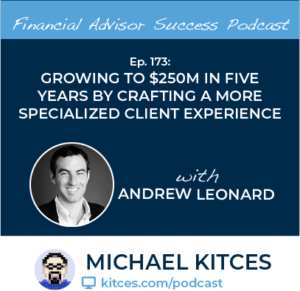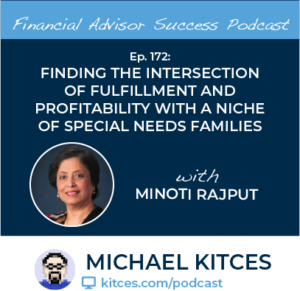With the passage of the Coronavirus Aid, Relief, and Economic Security (CARES) Act by Congress last month, Americans were provided with a more-than-$2 trillion emergency fiscal relief package that included benefits for many individuals, small business owners, healthcare providers, and government entities. For financial advisors with clients who have retirement accounts or who are beneficiaries of retirement accounts, one particular provision of interest established by Section 2203 of the CARES Act is the suspension of Required Minimum Distributions (RMDs) during 2020.
The suspension of RMDs applies to all IRA accounts (including SEP and SIMPLE IRAs) and defined contribution plan accounts, such as those under 403(a), 403(b), 401(a), and 401(k) plans, as well as the Federal Thrift Savings Plan (TSP). RMDs from 457(b) plans are also suspended, but only from plans offered by government employers.
In fact, not only can individuals who have RMDs for 2020 suspend their distributions, but individuals who either turned 70 ½ in 2019 or who were older but had retired in 2019 (taking advantage of the provision offered by IRC Section 401(a)(9)(C)(i)(II), the “Still-Working Exception”) can avoid any 2019 RMDs that were delayed to 2020.
Beneficiaries of retirement accounts are also eligible to suspend their 2020 RMDs. Specifically, these include individuals who are Designated Beneficiaries that can ‘stretch’ their RMDs with the life expectancy method and Non-Designated Beneficiaries (e.g., charities, estates, and certain non-See-Through trusts) who inherited the account from a decedent who died on or after their RBD.
On the other hand, accounts that are not eligible for suspended RMDs include defined benefit plans, non-governmental 457(b) plans, annuitized annuities held in an otherwise eligible plan, and 72(t) Distributions. Qualified Charitable Distributions (QCDs) are also not impacted by the CARES Act’s suspension of RMDs (and can still be made normally in 2020 for those who were otherwise QCD eligible).
For financial advisors with clients who have already taken RMDs for 2020 from their retirement accounts (or who have postponed RMDs for 2019 in 2020, as noted above) but who could have benefitted from suspending the distributions, there are a few ways to address the unwanted now-no-longer-necessary RMDs. Individuals can return the funds to the original account or rollover the funds to another retirement account (either through the 60-day-rollover window, or the extended rollover deadline offered through IRS Notice 2020-23), or for individuals directly affected by the COVID-19 virus (e.g., they or their family member has been diagnosed with the illness or has been experiencing financial hardship caused by the pandemic) by using the Coronavirus-Related Distribution Provision outlined in Section 2202(a) of the CARES Act.
However, in the case of IRA owners, it’s important to be mindful of the once-per-year IRA-rollover rule. Effectively, the rule prevents an unwanted RMD (or any other IRA distribution) from being rolled back into another IRA via a 60-day rollover (or using the relief provided by Notice 2020-23) if another IRA-to-IRA or Roth IRA-to-Roth IRA 60-day rollover has been completed during the past 365 days. Though IRA owners ‘stuck’ with multiple distributions may be able to fix them while steering clear of the once-per-year rollover rule by rolling the second, third, fourth, etc. distributions to a non-IRA-based employer-sponsored retirement plan that accepts roll-ins. If no such plan account is available, they may, at least, be able to salvage some tax benefits by timely completing a Roth conversion (which is also not subject to the once-per-year rollover rule).
For non-spouse beneficiaries of inherited retirement accounts, there is, unfortunately, no option to fix an unwanted RMD, as they are not permitted to do rollovers in any case. Spousal beneficiaries, on the other hand, do at least have the option to make spousal rollovers to move distributions to their own retirement accounts (but such rollovers are subject to the once-per-year rollover rule).
Ultimately, the key point is that financial advisors whose clients are retirement account owners can use relief offered through the CARES Act by suspending 2020 RMDs that aren’t immediately needed. For retirees who may already have taken their RMDs for 2020 (or for certain individuals who took 2019 RMDs timely in 2020), there are strategies for them to return these unwanted distributions using the 60-day-rollover rule, the relief provided by IRS Notice 2020-23 (which pushes back the deadline to rollover distributions taken on or after February 1, 2020, to July 15, 2020), or a Coronavirus-Related Distribution (for individuals directly affected by the COVID-19 virus).

 Welcome back to the 173rd episode of Financial Advisor Success Podcast!
Welcome back to the 173rd episode of Financial Advisor Success Podcast! Welcome back to the 172nd episode of Financial Advisor Success Podcast!
Welcome back to the 172nd episode of Financial Advisor Success Podcast!
